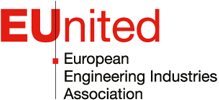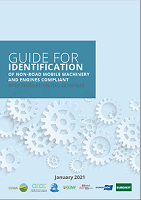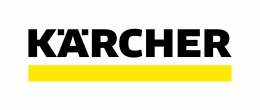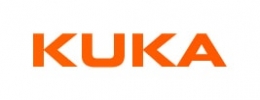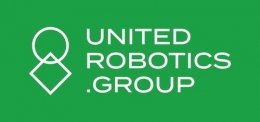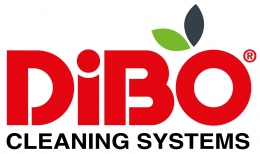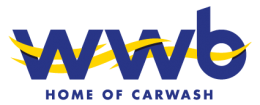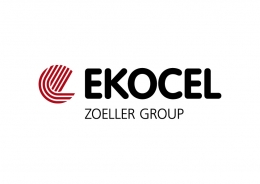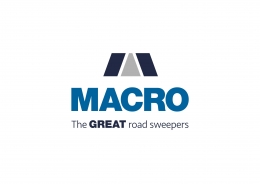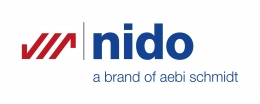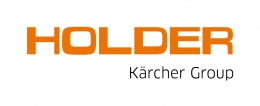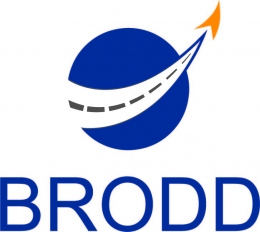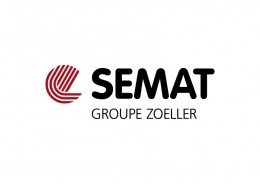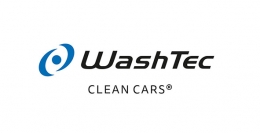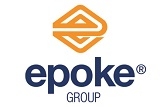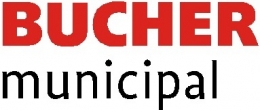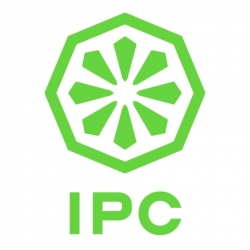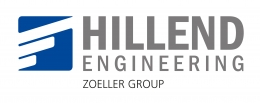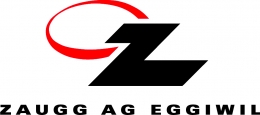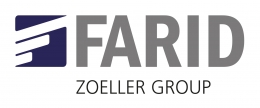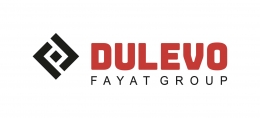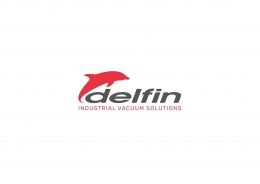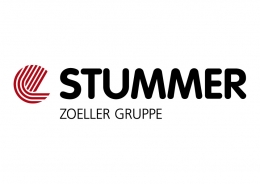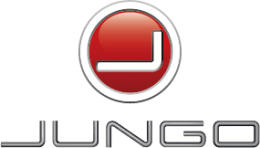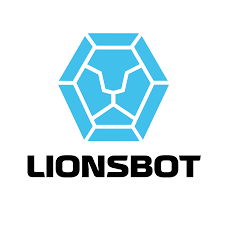
November 2017
Factories of the Future call on Human-Robot Collaboration plus other robotics related call topics 2018-2020
The draft work programs for the DG Research-supported and DG Connect-supported calls were published by the Commission in October 2019.
Within the context of transforming European industry, the 2018 Factories of the Future calls are now officially open, among them "Effective Industrial Human-Robot Collaboration".
- Deadline for DT-FoF call topics: 22 February 2018
- Deadline for DT-ICT call topic: 17 April 2018
Open calls for Factories of the Future 2018 are:
- DT-FOF-01-2018: Skills needed for new Manufacturing jobs
- DT-FOF-02-2018: Effective Industrial Human-Robot Collaboration
- DT-FOF-03-2018: Innovative manufacturing of opto-electrical parts
- DT-FOF-04-2018: Pilot lines for metal Additive Manufacturing
- DT-ICT-07-2018: Digital Manufacturing Platforms for Connected Smart Factories
DT-FOF-02-2018: Effective Industrial Human-Robot Collaboration:
Specific Challenge: Human-Robot Collaboration (HRC) on the factory floor has a high potential economic impact for European industry.
Past research to implement HRC in an industrial setting concentrated largely on safety of humans, allowing workers and robots to share working space without fences. Most of the developments started from existing industrial robotic arms, augmenting it with technologies to make it safe for humans to interact with the robot. This has already led to production environments with safe interaction between humans and robots. However genuine collaboration between humans and robots require more holistic solutions encompassing smart mechatronic systems designed to improve the quality of the job performed and to increase flexible production. Such systems have not yet been demonstrated for manufacturing purposes.
In order to move from a structured factory floor where robots work behind closed fences to an open environment with smart mechatronic systems and humans collaborating closely, interdisciplinary research in the fields of robotics, cognitive sciences and psychology is required, also taking into account regulatory aspects. More attention has to be paid to develop novel inherently-safe robotic concepts where collaboration with humans is taken up already in the design phase. In order for effective HRC to be taken up by industry, beyond safety aspects, including ergonomics, adaptability, liability issues, inclusiveness of vulnerable workers, acceptability and feedback from users need to be considered in a holistic way.
Scope: Proposals need to extend the current state of the art of individual HRC to work environments where robots and workers function as members of the same team throughout the factory.
Proposals should cover two of the following three areas:
Integration in industrial production environments of novel human-centred designed smart mechatronic systems such as for example soft robotics for high payloads;
Implementation of novel artificial intelligence technologies capable of massive information processing and reacting in real-time to enable new levels of autonomy, navigation, cognitive perception and manipulation for robots to collaborate with humans in the process;
Development of methods for robotic hazard assessment and risk management to clarify trade-offs between productivity and safety for mixed human-robot smart devices environments.
Proposals need also to take into account Social Sciences and Humanities (SSH) elements regarding human-related barriers for the uptake of smart mechatronic systems including robot technology in industrial environments such as ergonomics, user experience, comfort, trust, feeling of safety and liability in modern production facilities, taking into account age and gender aspects.
Proposals submitted under this topic should include actions designed to facilitate cooperation with other projects; to enhance user involvement; and to ensure the accessibility and reusability of data produced in the course of the project.
Activities should start at TRL 4 and achieve TRL 6 at the end of the project.
The Commission considers that proposals requesting a contribution from the EU between EUR 6 and 8 million would allow this specific challenge to be addressed appropriately. Nonetheless, this does not preclude submission and selection of proposals requesting other amounts.
Expected Impact:
- Demonstrating the potential to bring back production to Europe;
- 15% increase in OECD Job Quality Index through work environment and safety improvement;
- 20% reduction in production reconfiguration time and cost.
Relevant indicators and metrics, with baseline values, should be clearly stated in the proposal.
Type of Action: Research and Innovation action
For details and information on other "Advanced Manufacturing and Processing" calls, within Horizon 2020 work program 2018-2020, refer to: http://ec.europa.eu/research/participants/data/ref/h2020/wp/2018-2020/main/h2020-wp1820-leit-nmp_en.pdf
For information on "Information and Communication Technologies" calls (including robotics related calls), within Horizon 2020 work program 2018-2020, refer to:
http://ec.europa.eu/research/participants/data/ref/h2020/wp/2018-2020/main/h2020-wp1820-leit-ict_en.pdf
Important notice on the Horizon 2020 Work Programme:
The Work Programme covers 2018, 2019 and 2020. The parts that relate to 2019 and 2020 are provided at this stage on an indicative basis. Such Work Programme parts will be decided during 2018 and/or 2019.
Industrious Brussels EU District, Avenue des Arts 6-9, 1210 Brussels, Belgium, +32 490 57 57 65
Transparency Register number: 0289344948-82
